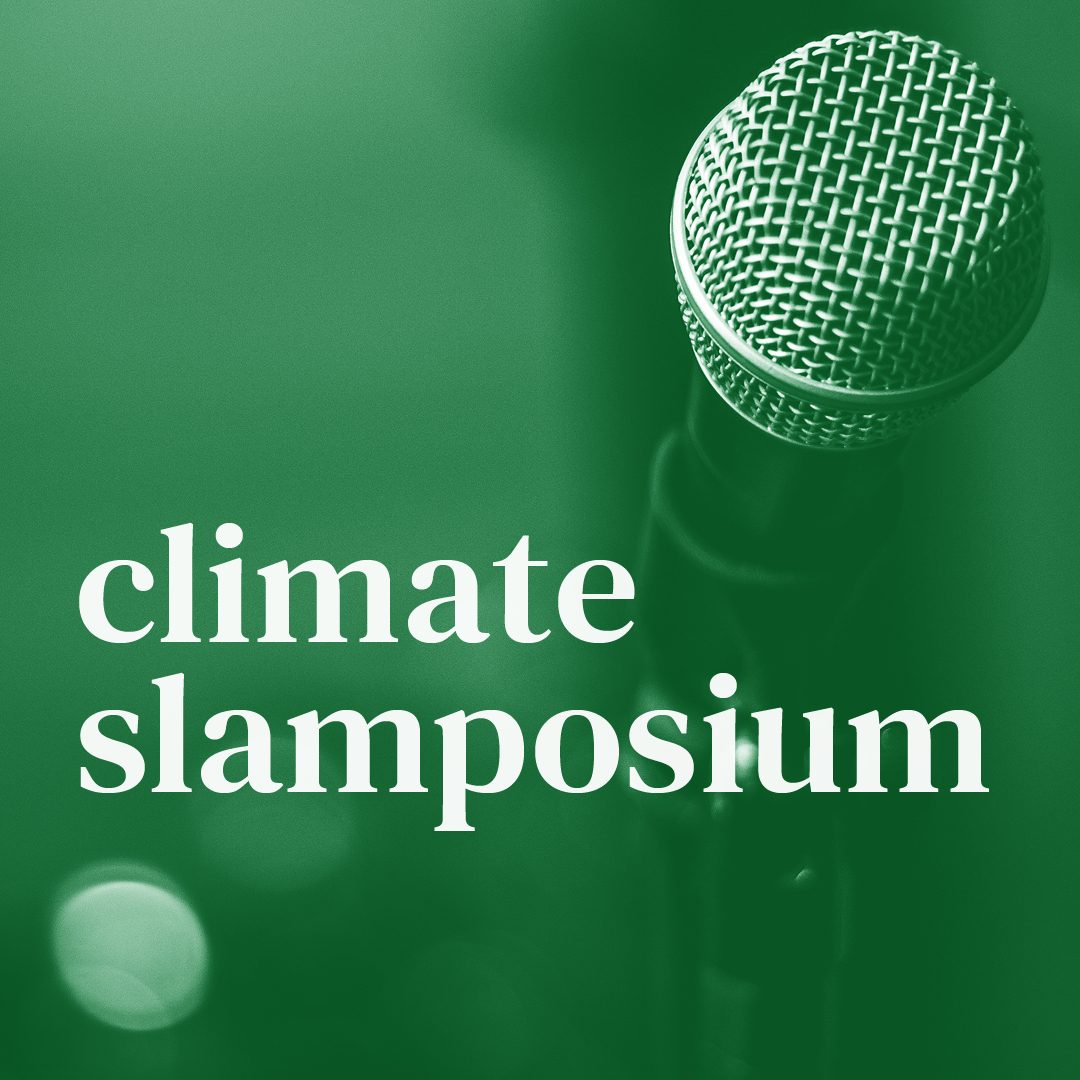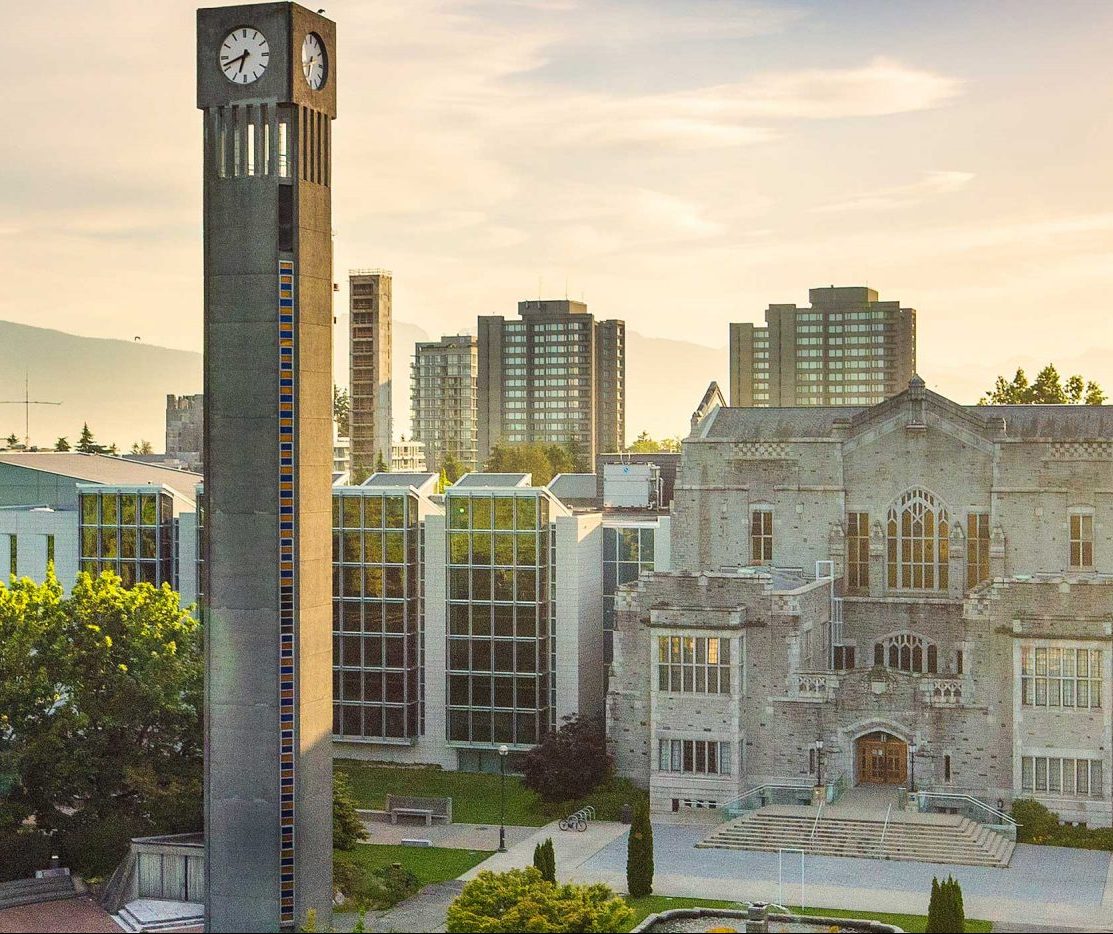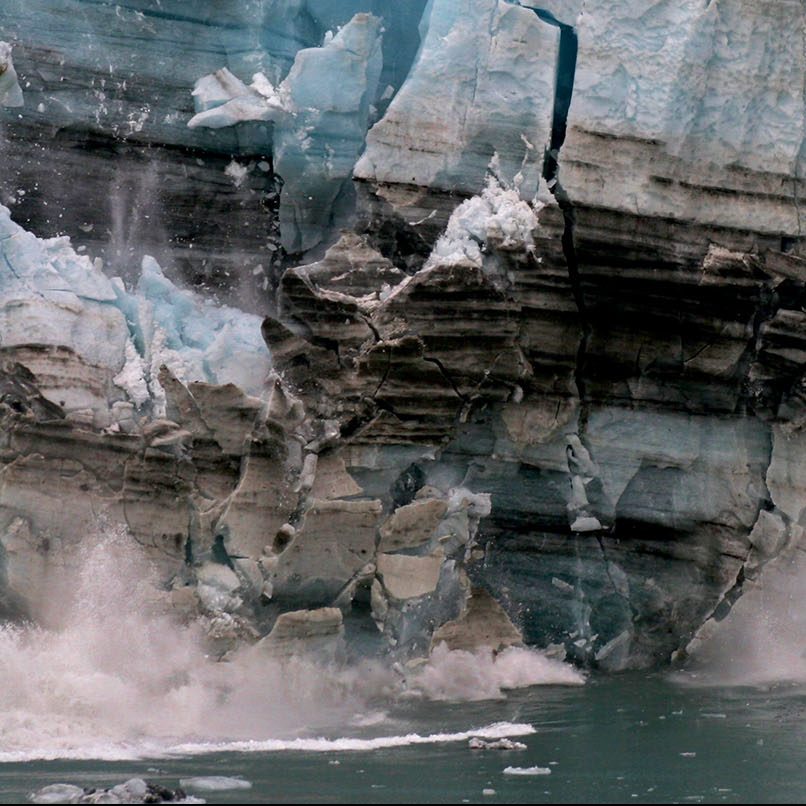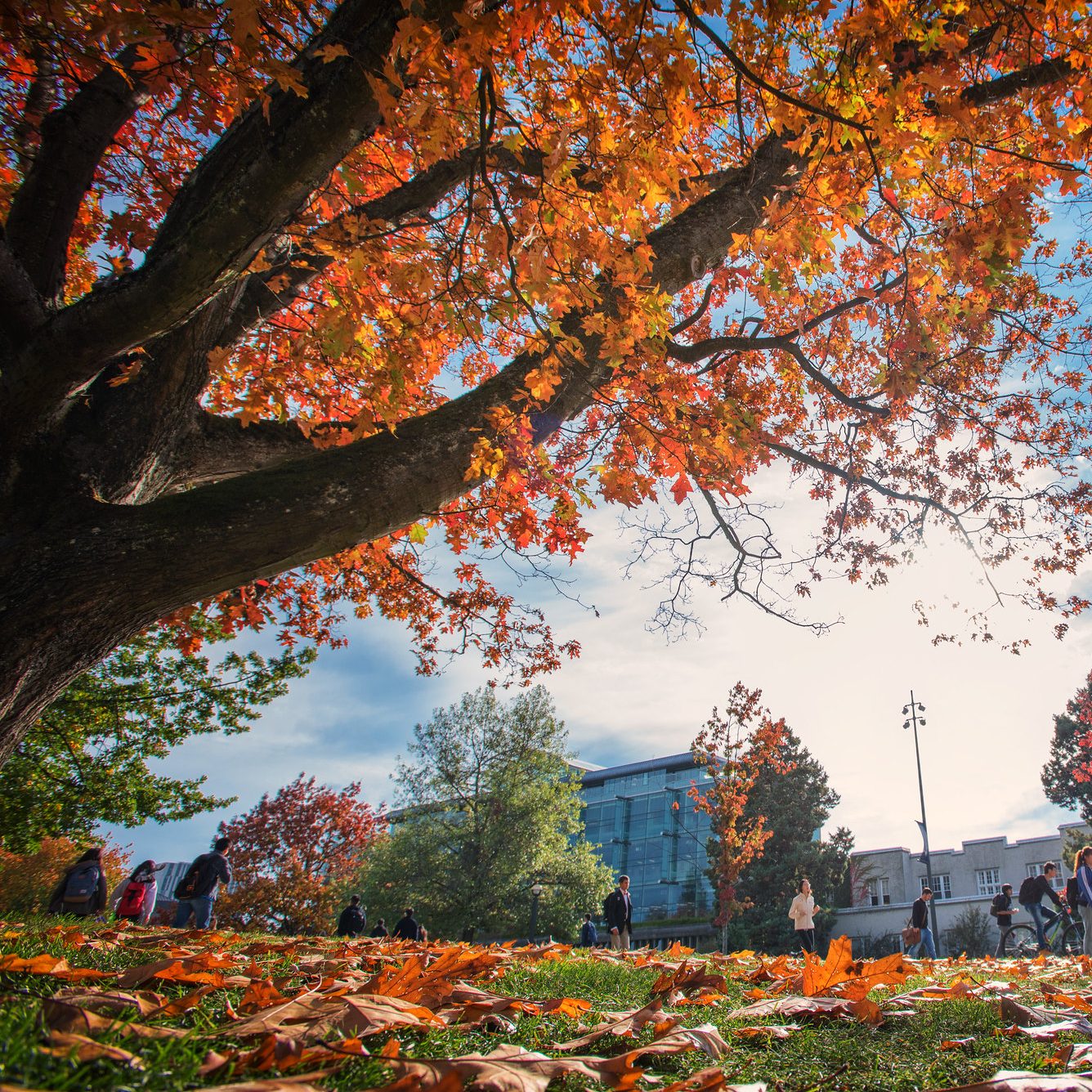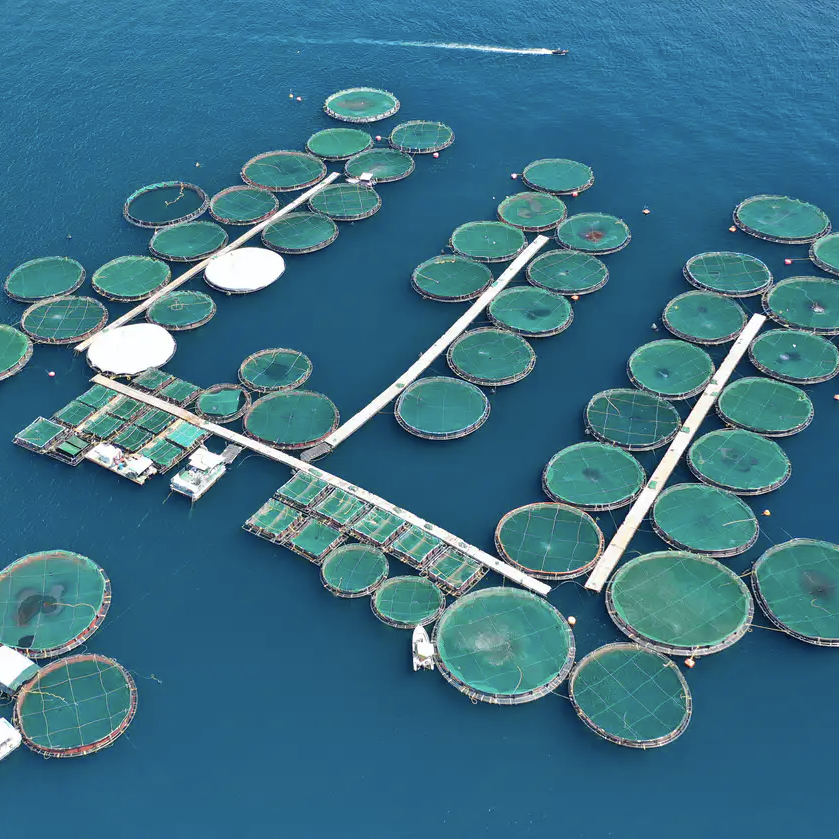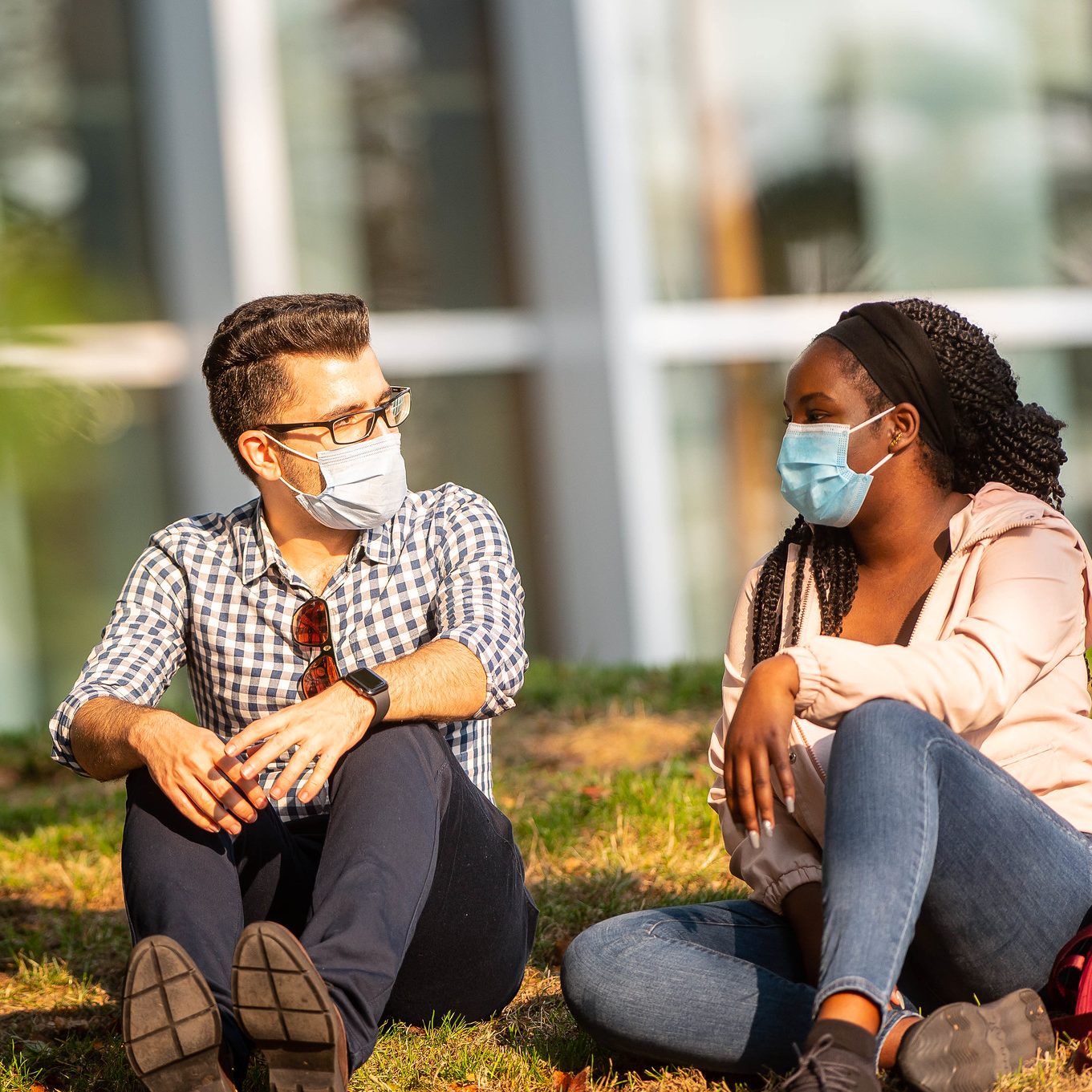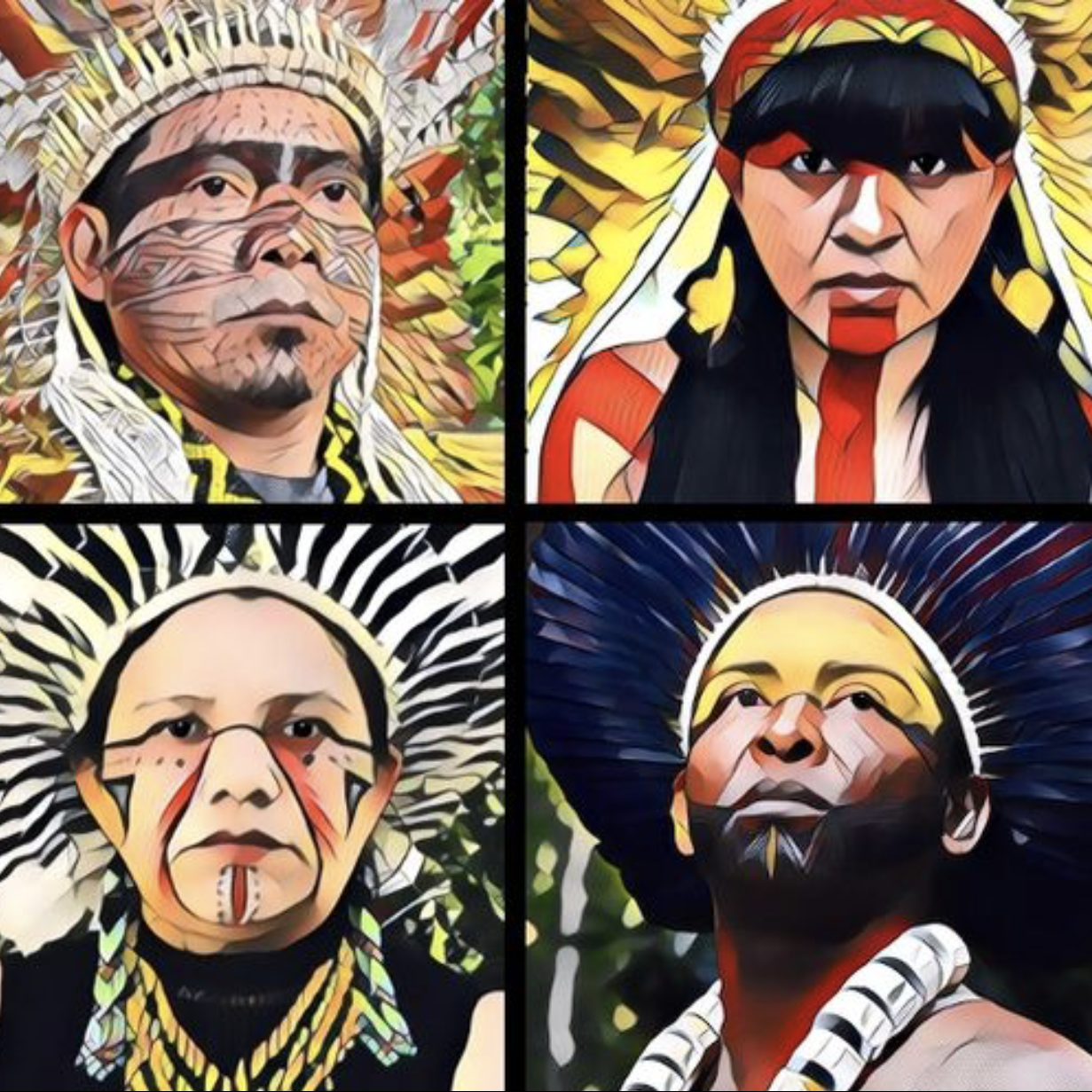UBC understands that the actions we take today, will affect human and environmental wellbeing for generations to come.
The news and events below provide a window into the broad range of climate emergency-related activities underway by UBC academic units, operational departments, community initiatives, and student groups.
UBC invites you to explore what’s happening, and join us in this vital work.
Climate Slamposium October 15
Oct 12, 2021
Learn more about the amazing research UBC students are doing that addresses and connects with the climate emergency.
Drawing from the creativity and community building tradition of slam poetry, this climate research "slamposium" encourages UBC students from diverse faculties to creatively communicate their research. Each presenter has 5 minutes and up to 5 slides to share their work.
RSVP now to attend on October 15.
Climate emergency staff join UBC Sustainability Initiative
The scope and scale of actions required by the Climate Emergency Task Force report (CETF) are deep and broad.
As a result, the UBC Sustainability Initiative has prioritized the recruitment of two experienced managers in the field of climate expertise and community engagement — Nadia Joe and Pablo Beimler.
Nadia and Pablo look forward to meeting and working with many students, faculty, and staff across both campuses to advance the CETF report over the coming months.
UBC Climate Chance Research Symposium: October 13 & 14, 2021
Oct 05, 2021
While UBC is a recognized leader in climate change research, there is limited connectivity between the clusters of relevant research activity across the many faculties on our campuses.
This symposium, featuring panel discussions and keynote speakers, Naomi Klein and Dr. David P. Wilkinson, will help make those connections and enhance the potential of UBC researchers to impact climate change through research and innovation.
Join us on October 13 & 14. The symposium is primarily intended for the UBC research community, but all are welcome to attend. Registration is limited.
UBC Sending Delegation of Eight to COP26
Following an open competition for all students, faculty, and staff, UBC is sending a delegation of eight to the 26th United Nations Climate Change Conference of the Parties (COP26) in Glasgow this November.
By attending the COP as official observers, UBC delegates deepen their understanding of how global climate negotiations work, with positive impacts for their research and programs. The delegates will also share UBC’s exemplary work on the climate emergency with this global gathering, and share their experiences with the wider UBC community when they return.
From 72 very high-quality applications, a selection committee agreed on eight delegates based on the final number of observer badges available.
Human rights could address the health and environmental costs of food production
Oct 01, 2021
A human rights-based approach to food production will have environmental, social and economic benefits.Feeding eight billion people healthy, sustainable food by 2030 is a monumental challenge. Yet transforming food systems that inflict tens of trillions of dollars in health and environmental damages is essential for realizing human rights.
This article by David R Boyd, UN Special Rapporteur on human rights & environment and Associate Professor of Law, Policy and Sustainability, University of British Columbia, explores issues related to industrial food production as a major driver of the planetary environmental emergency.
$1.5M Climate Emergency Fund supports seven student projects
Sep 15, 2021
New funding for student climate emergency action demonstrates the power of student advocacy and UBC’s institutional leadership on climate justice.
Advocacy by members of the student-led UBC Climate Hub, working closely with elected AMS and GSS student leaders, led to support by the administration for the creation of a $1.5 million Climate Emergency Fund (CEF) made up of incremental funding from tuition fees.
A unique Advisory Committee co-chaired by a student and a staff person and composed of equal numbers of students and faculty/staff evaluated the submissions before recommending distribution of the Fund to the final decision-makers: Andrew Szeri, VP Academic, and Ainsley Carry, VP Students.
Apply to attend COP26 in Glasgow
Aug 19, 2021
Join UBC's delegation at COP26 to engage with the international climate negotiation process, share UBC's leading research and climate actions, and build new partnerships with people from around the globe.
The UBC Sustainability Initiative is pleased to announce details of a competition for COP26 passes open to all current UBC students, faculty, post-docs, and staff. UBC has received four badges for each week of the event (October 31-November 6, and November 7-12). Applications are open now and will close on September 10, at 12pm (noon) PST.
UBC Professors support Last Warning campaign to protect Amazon forest and Indigenous rights in Brazil
Jul 29, 2021
A campaign to raise awareness and fight for Indigenous rights is being launched by the "Teia das 5 Curas" Indigenous network, including Brazilian educator and UBC Professor Vanessa Andreotti, Canada Research Chair in Race, Inequalities and Global Change, and Cash Ahenakew, a First Nations' (Cree) scholar, Associate Professor, and Canada Research Chair in Indigenous Peoples' Wellbeing, as well as Dr. Sharon Stein assistant professor in the area of Higher Education and students and artists involved in the Gesturing Towards Decolonial Futures Arts/Research Collective.
On 25 August 2021, the supreme court of Brazil is due to give its decision on ‘marco temporal’. If this decision goes in the government’s favour, it will strip the rights of Indigenous communities over all lands on which they cannot prove they were physically present in 1988. The wave of industrial exploitation that would follow is likely to push the Amazon as an ecosystem across the tipping point into collapse.
How engineered bacteria could clean up oil sands pollution and mining waste
Jul 16, 2021
The environment is indeed in grave health and urgent action is desperately needed. But there is genuine optimism that solutions to some of the largest environmental challenges may finally be at hand.
Take, for example, the decades-long problem of oilsands tailings ponds in Canada, the third-largest reserve of crude oil in the world. The recovery of this oil consumes nearly threefold its volume in water and leaves behind a slurry of water, solids and organic contaminants as waste. Oilsands operations are into their seventh decade, and more than a trillion litres of wastewater now resides in tailings ponds.
But a rapidly growing collective of engineers, scientists, activists and entrepreneurs are delivering some of the biggest gains in environmental remediation in recent decades by blurring the lines between physical, biological and digital sciences.
Hold that flight: medical student’s residency interviews equal 1/3 of a Canadian’s annual carbon budget
Jul 13, 2021
Like thousands of other medical students in Canada, Kevin Liang had no idea he would be asked to take more than 10 flights during his last year for in-person residency interviews. “After learning this, I knew I had to quantify the climate impact from thousands of students travelling for CaRMS (the Canadian Resident Matching Service).”
The results were sobering, but also offer a clear path for action.
The total carbon footprint of flights for the 2020 CaRMS was 4,239 tCO2e (tonnes of carbon dioxide equivalent), an average of 1.44 tCO2e per applicant.
The average amount of CO2 emitted by a Canadian medical student flying for CaRMS interviews represents 35.1% of the annual Canadian household emissions per capita.
